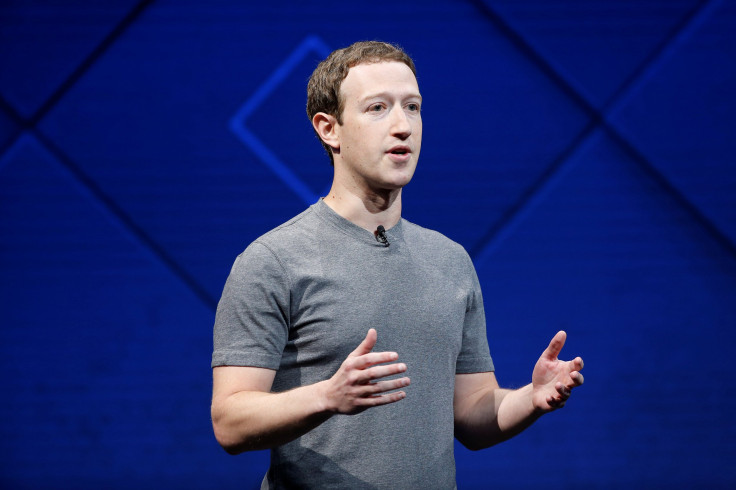Facebook Russian Ads: We'll Handover Russia-Linked Accounts To Congress, Zuckerberg Says

Facebook CEO Mark Zuckerberg announced Thursday afternoon his company will hand over to Congress 3,000 political ads that traced back to Russian accounts.
Facebook previously told Congress it found about $100,000 in ad spending from June 2015 to May 2017, which were linked to 3,000 ads. The propaganda was traced back to nearly 500 inauthentic accounts and pages.
The social media platform had withheld the information from Congress during discussions earlier this month. However, Facebook did handover the information to FBI Special Counsel Robert Mueller under a search warrant, it was reported last week.
“After an extensive legal and policy review, today we are announcing that we will also share these ads with congressional investigators,” Facebook General Counsel Colin Stretch said in a post Thursday. “We believe it is vitally important that government authorities have the information they need to deliver to the public a full assessment of what happened in the 2016 election.”
Facebook said it’s possible it could find more Russian ads from fake accounts and pages.
“Using ads and other messaging to affect political discourse has become a common part of the cybersecurity arsenal for organized, advanced actors,” the company said in a post. “This means all online platforms will need to address this issue, and get smarter about how to address it, now and in the future.”
Zuckerberg announced the company’s decision to handover the information to Congress in a live video on Facebook after lawmakers complained the platform was not fully cooperating.
“I don’t want anyone to use out tools to undermine our democracy,” said Zuckerberg in a live feed. He added that Facebook cannot stop all interference, but that it can try to reduce election interference.
Zuckerberg said Facebook has been investigating the issues surrounding the U.S. election for months now and reminded that the company will be limited in what it will discuss publicly. The CEO tried to downplay the content that was found by Facebook saying it was “relatively small.”
The company will continue to investigate Russia’s use of the platform to meddle with the U.S. election.
“We may find more, and if we do, we will continue to work with the government," said Zuckerberg. "We are looking into foreign actors, including additional Russian groups and other former Soviet states, as well as organizations like the campaigns, to further our understanding of how they used our tools. These investigations will take some time, but we will continue our thorough review.”
<iframe src="https://www.facebook.com/plugins/video.php?href=https%3A%2F%2Fwww.facebook.com%2Fzuck%2Fvideos%2F10104052858820231%2F&show_text=0&width=560" width="560" height="315" style="border:none;overflow:hidden" scrolling="no" frameborder="0" allowTransparency="true" allowFullScreen="true"></iframe>
Zuckerberg also outlined new steps to curb election interference. One of the moves is to “make political advertisement more transparent” by revealing who paid for the ads and including more information. Facebook will also double is team working on election integrity next year. Bringing up the German elections next weekend, the company said it will expand partnerships with election commissions worldwide and will create channel of online risks during elections. Facebook will also “create more services to protect our communities” which will address political harassment and bullying.
Facebook previously said the ads did not mention President Donald Trump or former Secretary of State Hillary Clinton. Instead, the ads focused on spurring divisive social and political views, from topics like LGBT, race, immigration and the Second Amendment. The social media platform said approximately one-quarter of the ads were geographically targeted and ran mostly in 2015 rather than 2016.
© Copyright IBTimes 2024. All rights reserved.





















